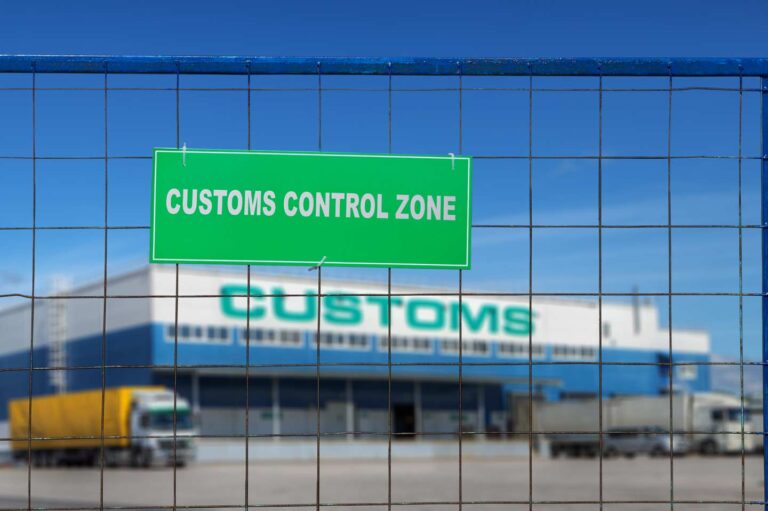As of January 1, 2026, one-off fiscal representation will no longer be permitted in France (also known as ‘limited fiscal representation’). This change primarily affects companies established outside the European Union, which will now be required to register for VAT and fulfill their own tax obligations directly. The abolition of this scheme has implications for customs procedures, particularly regarding the choice between the 4000 and 4200 customs regimes, as well as for the implementation of permanent tax representation.
ASD Group’s team of experts assists businesses throughout these transitions, handling all formalities including VAT registration and filings, ensuring compliance, and guiding companies through the updated legal framework.
This FAQ page provides a comprehensive overview of the key changes, practical recommendations, and the official guidance from the French tax administration, helping importers navigate the new requirements with confidence.
When will limited fiscal representation be abolished?
From January 1, 2026, one-off fiscal representation will no longer be allowed. This measure targets companies not established in the European Union, which will no longer be able to use one-off fiscal representation to fulfill their tax obligations in France.
What will be the new tax obligations for importers?
From January 1, 2026, companies not established in the EU that import will need to have their own VAT number and submit their own tax return.
Does the abolition of one-off fiscal representation have an impact on the customs regime?
No, the removal of limted fiscal representation does not affect the customs regime. The 4000 regime (release for free circulation with import VAT payment) and the 4200 regime (release for free circulation with VAT exemption subject to an intra-Community supply) remain fully applicable.
Which customs regime should be preferred after the abolition of occasional tax representation?
💡 What we recommend at ASD Group:
Given the obligation to be VAT-registered in France, it is preferable to use the 4000 regime. Indeed, under this regime, VAT is declared directly in France, whereas with the 4200 regime, the operation is carried out under suspended tax, a situation that is much more sensitive for the customs and tax authorities.
Does the abolition of one-off fiscal representation have a financial impact on the 4000 regime?
No, there is no financial impact. France uses the import reverse charge VAT mechanism, which means that there are no cash flow or VAT financing issues for the companies concerned.
What does the official communication from the French tax administration specify?
Here is an overview of the key points from the official communication of the French tax administration, intended to clarify the tax obligations of importers.
“The administration has granted an exceptional extension of limited fiscal representation, through a ruling published in the French Official Bulletin of Public Finances-Taxes on May 14, 2025 (BOI-RES-TVA-000207), until December 31, 2025, to allow companies established outside the European Union (EU) to complete the formalities required by the abolition of this scheme. This extension is intended, in particular, to allow these companies to implement the mandate required under the import agent scheme or to carry out VAT registration formalities under permanent tax representation as provided in Section I of Article 289 A of the French General Tax Code (CGI).”
Which customs procedures can a non-EU importer use?
A non-EU importer may choose to use procedure 4000 or procedure 4200 with their French VAT number. However, it is essential to correctly complete the intra-Community supply formalities (Intrastat), otherwise the VAT exemption may be lost. ASD Group Customs teams support you in managing these mandatory formalities.
What services does ASD Group offer in this context?
Our teams of tax experts at ASD Group handle all formalities, including VAT registration, monthly or periodic tax returns, and Intrastat reporting.
⚠️ Note: only one representative is required per company, even if multiple RDEs (Registered Customs Representatives) are involved.
Prepare your VAT registration with ASD Group now!
From 1 January 2026, all non-European businesses must be registered for VAT in France to continue importing.
ASD Group can assist you with VAT registration to secure your import-export operations within the EU. Obtaining a French VAT number is not a constraint, it’s a real opportunity to grow your business in France!


